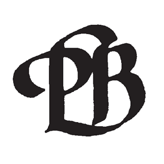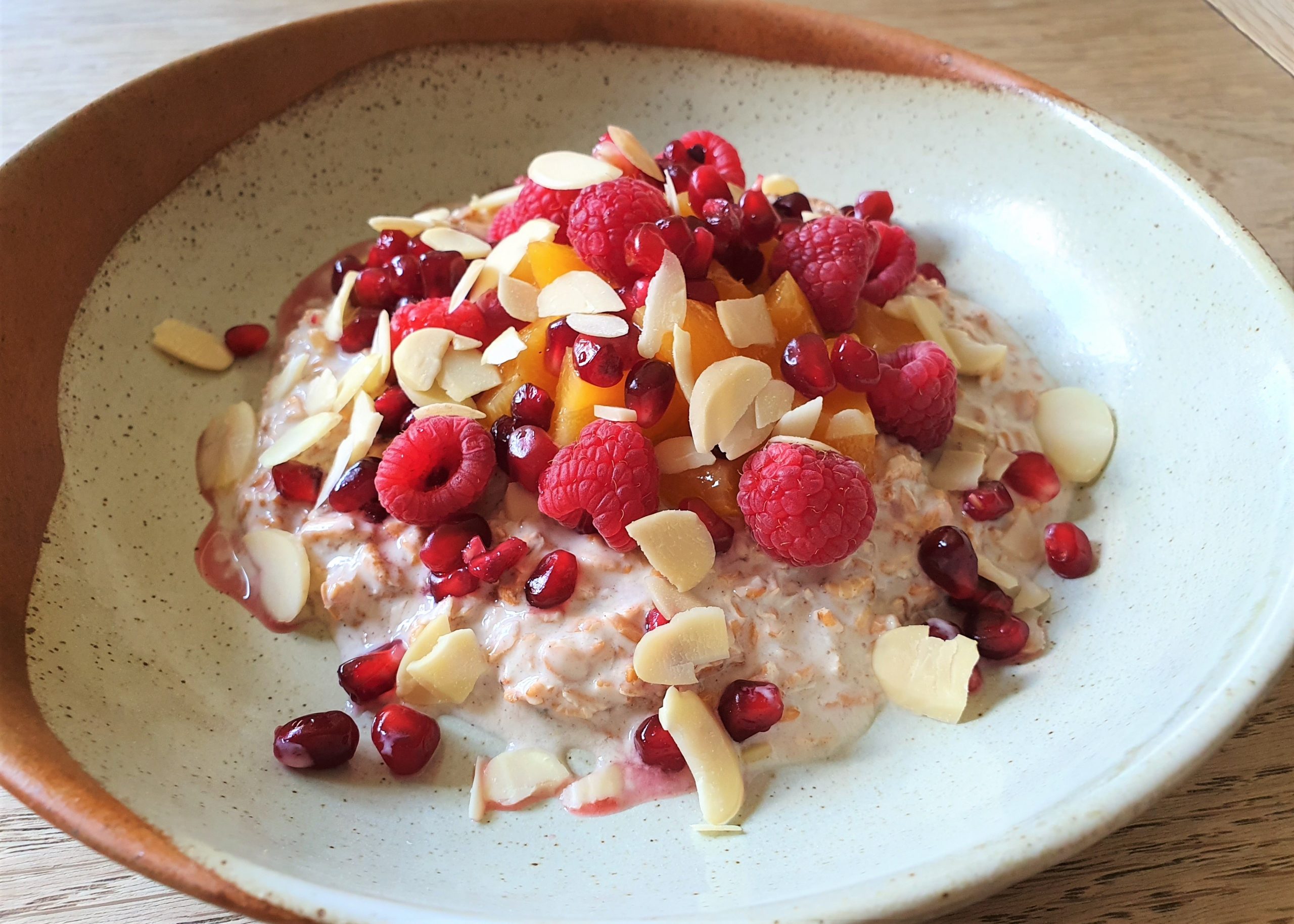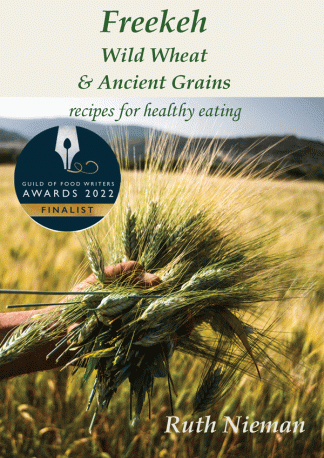Description
Ruth Nieman
with photographs by Neil Mercer, Adam Bloom, Anomarel Ogen and Ruth Nieman
Finalist in the Guild of Food Writers Awards 2022. Shortlisted for the prestigious André Simon Award.
- A book using the most healthy grains we have. Ruth Nieman combines the ancient history of the Israelites with new ways to cook and enjoy grains that our modern way of life has distanced us from.
- The stories of the people who grow and harvest the grains, smoke the fields and hull the husks
- The inquisitive cook will find a cornucopia of original recipes, based on those used in Galilee. The grains are linked with the Jewish faith and the diet they developed.
Ancient supergrains, now modern staples, are growing in popularity in our health conscious age. Ruth Nieman has been cooking with these grains for many years, and she is an expert on the cultural, historical and biblical background to their use in the culinary arts. The book will feature freekeh, (from the Arabic ‘to rub’), now known as a grain and sold in many health food and grocery shops; the main staple famed in the Old Testament as a first grain offered up to the Temple in Jerusalem, grown by the ancient Israelites. The harvesting of freekeh, barley, emmer, rye, sorghum wheat, and spelt govern the landscape of Israel’s Judean hills and the lush northern region, known as Galilee.
Ruth’s recipes are for the modern day, and the modern kitchen, although their basis is in ancient cooking practises. They bring to life recipes used in times gone by. A book for those who wish to have a clean and easily digested diet, which can now be found in this extremely tasty cuisine, brought to everyone who wishes to expand their culinary knowledge.
Reviews:
February 2022: Article in The Times of Israel by Jessica Steinberg, below:
Forgotten grains make a comeback in new cookbook from the ‘queen of freekeh’
British cookbook writer Ruth Nieman offers readers research into ancient grains once popular in the Middle East and Europe, and recipes for everything from emmer wheat to sourdough.
Hagai Ben Yehuda opened the blue-tiled, wood-burning oven and slid a wooden peel under the loaves rotating inside, a final step in his sourdough baking process.
A fifth-generation bread baker, Ben Yehuda is the great, great-grandson of Moshe Rozental, a Polish immigrant who landed in pre-state Palestine in 1870, selling his handmade rye loaves in Jaffa before opening a bakery in Petah Tivka. Today, his father is vice president of Angel Bakeries, one of the country’s largest bread enterprises.
Flour, yeast and the glutenous mass they form are in Ben Yehuda’s blood, but he points out that even large industrial bakeries like Angel are slowly being influenced by the use of whole grains and sourdough, which does not use yeast to rise.
Far from those bread factory behemoths, Ben Yehuda toils away at his craft from his grandmother’s former front porch on Kibbutz Einat near Petah Tikva, putting the cottage in cottage industry…
…“The idea is not to use just one kind of grain, but to create a mix of imported flour and ancient grains,” said Ruth Nieman, a British-born food writer, who was serving as a guide to Ben Yehuda’s bakery.
Nieman relied on artisanal bakers such as Ben Yehuda to research her new book, “Freekeh, Wild Wheat & Ancient Grains” (Prospect Books) about what she calls the “land to the plate” process of discovering and cultivating wild wheats and ancient grains, and understanding what they add to the modern meal.
From his bakery, called Hagai and the Bread, the loaves make their way to some of Tel Aviv’s top restaurants and food shops.
“I wanted people to discover these grains and work with them and use them for part of their diet,” said Nieman.
In keeping with the heavy dose of sourdough activity in the book, Nieman said she did her share of sourdough baking over the course of the pandemic, and hardly touches white bread any longer.
That said, the biggest change to her own diet is the use of many grains in her food, particularly freekeh, the title grain that Nieman said was part of the first recipe ever written down in the 13th century. She often uses it in place of other grains, whether in soups or salads.
“I’m known as the freekeh queen to my friends,” said Nieman.
November 5th 2021 Please follow this link to read about Ruth Nieman in The Jewish Chronicle
February 2022 ‘Burnt green wheat, an ingredient with a subtle, nutty, smoky flavour, has been long appreciated on the southern shores of the Mediterranean. It’s given the north Italian treatment in Ruth Nieman’s comprehensive survey of biblical grain foods, Freekeh, Wild Wheat and Ancient Grains. Elisabeth Luard, The Oldie
Ruth Nieman was a practising nurse for many years. In 2017, she published her opus, The Galilean Kitchen. Giving talks and supper club appearances all around the South East, many of them to Jewish groups, Ruth has built up a reputation as a brilliant raconteur and cook. She lives in North London. Her website is: https://www.israelgoodfoodguide.com





